Imagine this. You've gone through all the steps in part one and are absolutely certain you've counted every single Calorie correctly and fat loss hasn't resumed. What now? How we proceed will depend on how you answer a couple of questions. Am I lean now (~10% body fat for men and ~15% for women)? Am I eating too few Calories? (You are entering the problem area if you are eating less than 70% of the number Calculated below.)
Not Lean Yet
Not Eating Too Few Calories
This one is straightforward. As we diet for fat loss, our metabolism slows down. This isn't a bad thing. It's simply the body's protection mechanism to keep us from starving to death when food is unavailable.
We decrease Calories when dieting. To counter this, the body slowly decreases Calorie expenditure (Calories burned) until Calories burned eventually equals Calories consumed. (This is called metabolic adaptation and it is a somewhat slow process. Remember this for later.) If a person still has a lot of fat to lose and isn't consuming a dangerously low amount of Calories, he or she simply needs to eat fewer Calories and/or increase activity to create a Calorie deficit again (eating fewer Calories than he or she is burning).
If you haven't already, you should add resistance training. Resistance training will prevent you from losing muscle or even help you to gain muscle while dieting, which will keep your metabolism from dropping as fast (or possibly even boost it). This advice applies to every section.
Eating Too Few Calories
What most people do when they learn that fat loss is about burning more Calories than they consume is dramatically reduce Calories and add a ton of cardio right out of the gate. Here's the problem with that. I just explained that our metabolism slows down to adapt to a decreased Calorie intake.
The level of metabolic adaptation that occurs is proportional to the size of the change in your diet. If you drop a few Calories, the metabolic down-regulation (the amount your metabolism slows down) is small and slow. The more you restrict your Calories, the greater and faster the down-regulation. Just like the scenario above, Calorie expenditure will eventually slow down until it matches Calorie intake but in this situation, there's hardly any room to cut Calories further or to add more activity.
At this point, people tend to lower Calories and add activity anyway and eventually can't take it anymore. They then go off the rails and eat a ton of food. Now the person in question has added body fat as a result of the binge and here's the real kicker. Remember when I said metabolic adaptation was a slow process? The post-diet binge isn't enough to speed your metabolism back up to where it was before. This means our example person has added more body fat and has a slower metabolism than before the diet. Some refer to this as metabolic damage. If you fall into this category, I have good and bad news for you.
The good news: You can fix it.
The bad news: It's going to take time and you're going to have to temporarily put your fat loss goals on hold.
Fixing "Metabolic Damage"
Without knowing how much cardio you're currently doing, my rule of thumb would be to reduce cardio by half. At the same time, increase your daily intake by 100 Calories. Increase your intake by another 100 Calories in 7-10 days. Continue this pattern until your Calorie intake is as high as it is supposed to be according to the Calculator above before attempting fat loss again. The hardest part of fixing metabolic damage is making yourself put the fat loss on hold, but it is necessary if you are going to achieve sustainable fat loss.
Already Lean
If you are already lean, the first thing to decide is if you are satisfied with your weight loss. If yes, follow the steps outlined above for fixing metabolic damage. If you are not, you must again ask yourself, "Am I eating too few Calories?"
Not Eating Too Few Calories
This is pretty straightforward. Just like in our first scenario, you will decrease Calorie intake and/or increase activity. The only catch here is if you are lean and lose weight too quickly, you are increasing the likelihood of losing lean body mass as well as fat. To avoid this, I recommend you not lose more than 1% of your body weight per week.
Eating Too Few Calories
If you are lean and are also eating too few Calories, follow the steps outlined above for fixing metabolic damage. While doing this, I would also encourage you to ask yourself if you really need to be leaner than you already are.
This article is a bit deeper than some of the others that I've written. I would encourage you to give this another read-through or if you haven't already, listen to the audio and follow along. If you benefited from this article or know someone who you think will benefit from it, please give it a share on Facebook. It helps us out more than you know.
I will be back next week with another fat loss topic! As always, God bless you AND your family and I'll see you next week.


